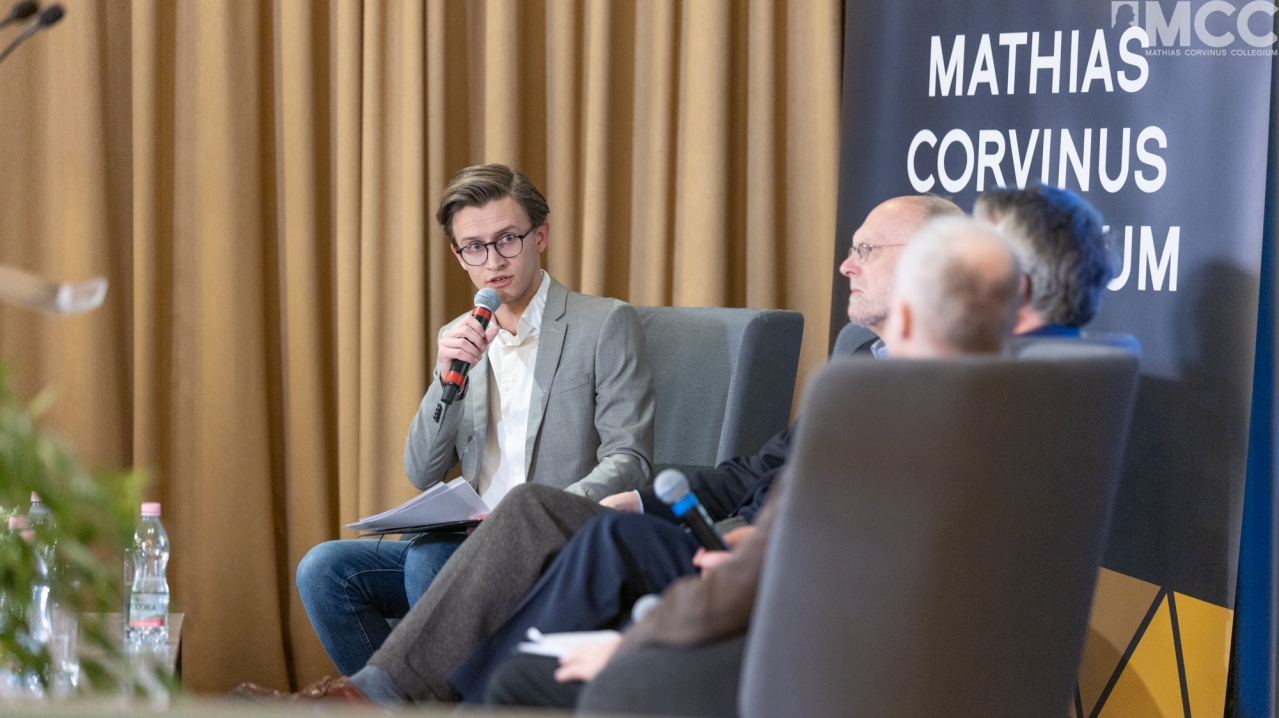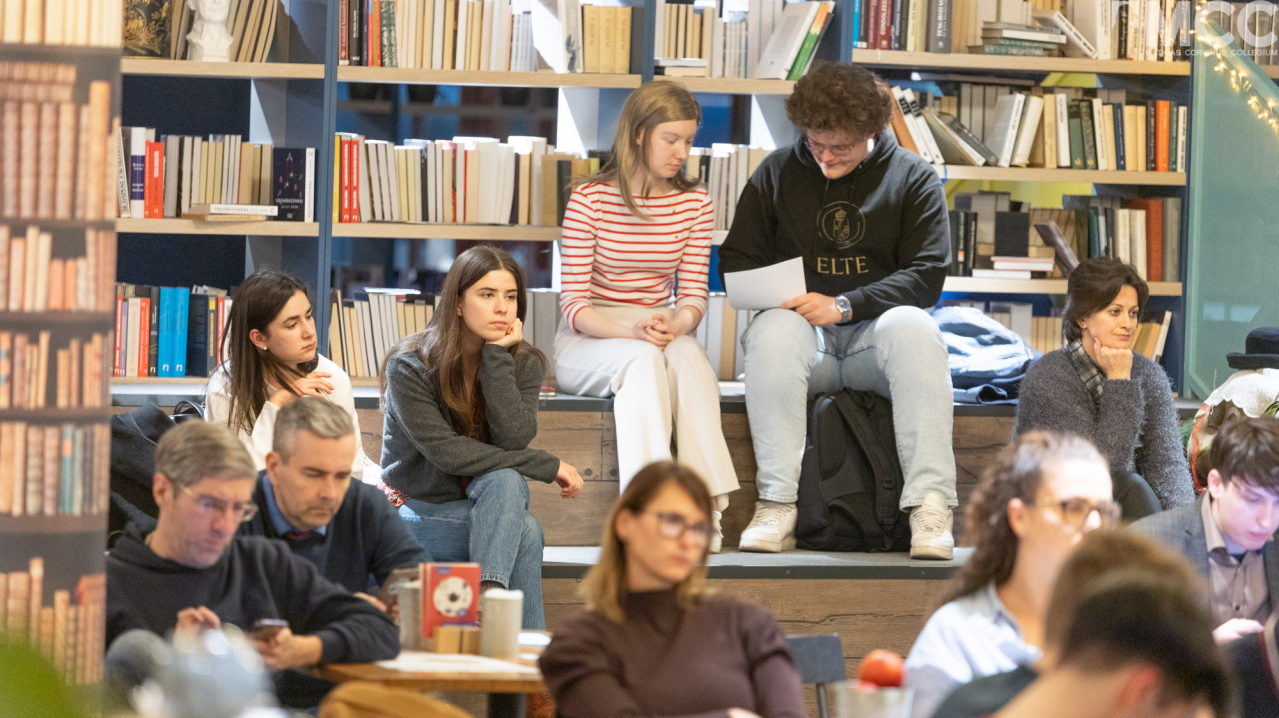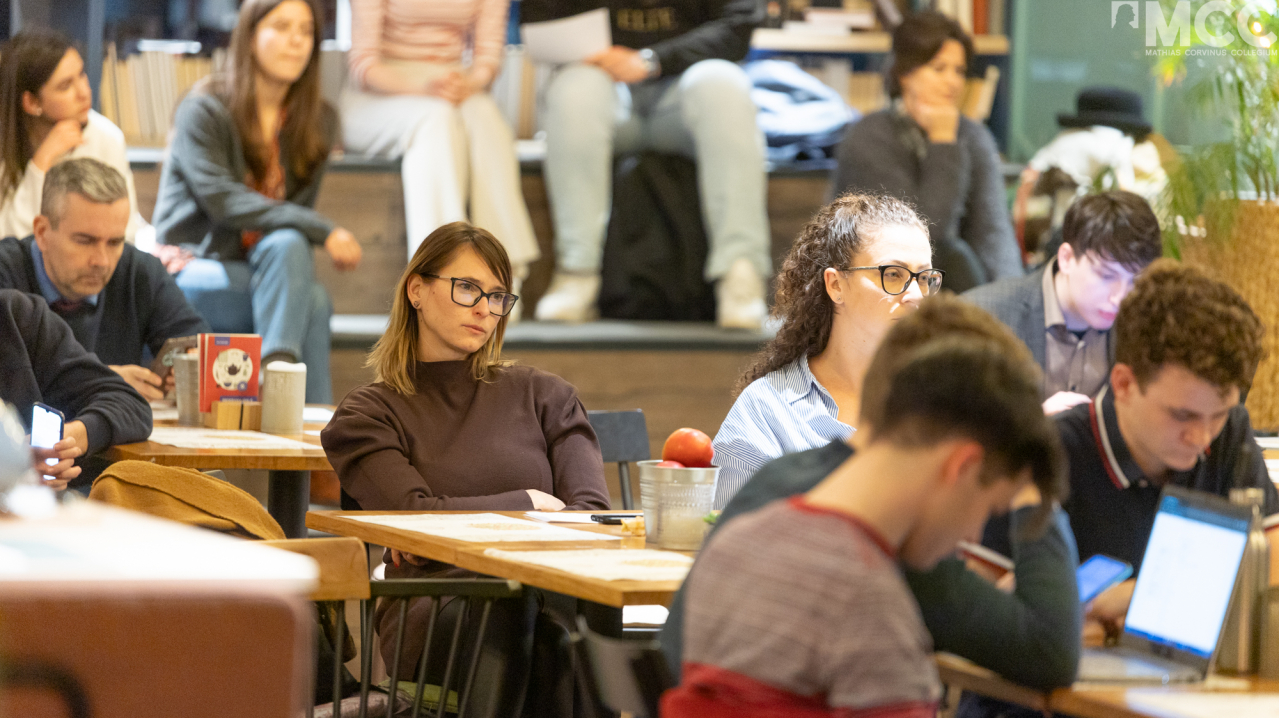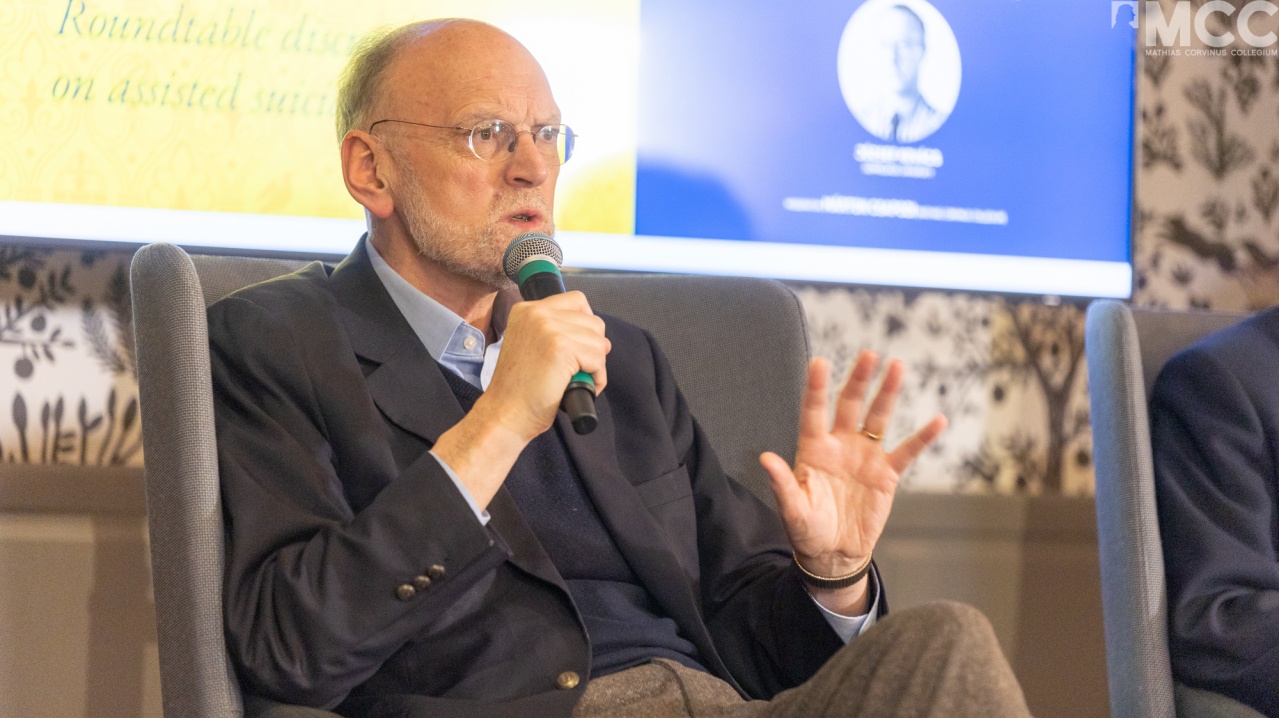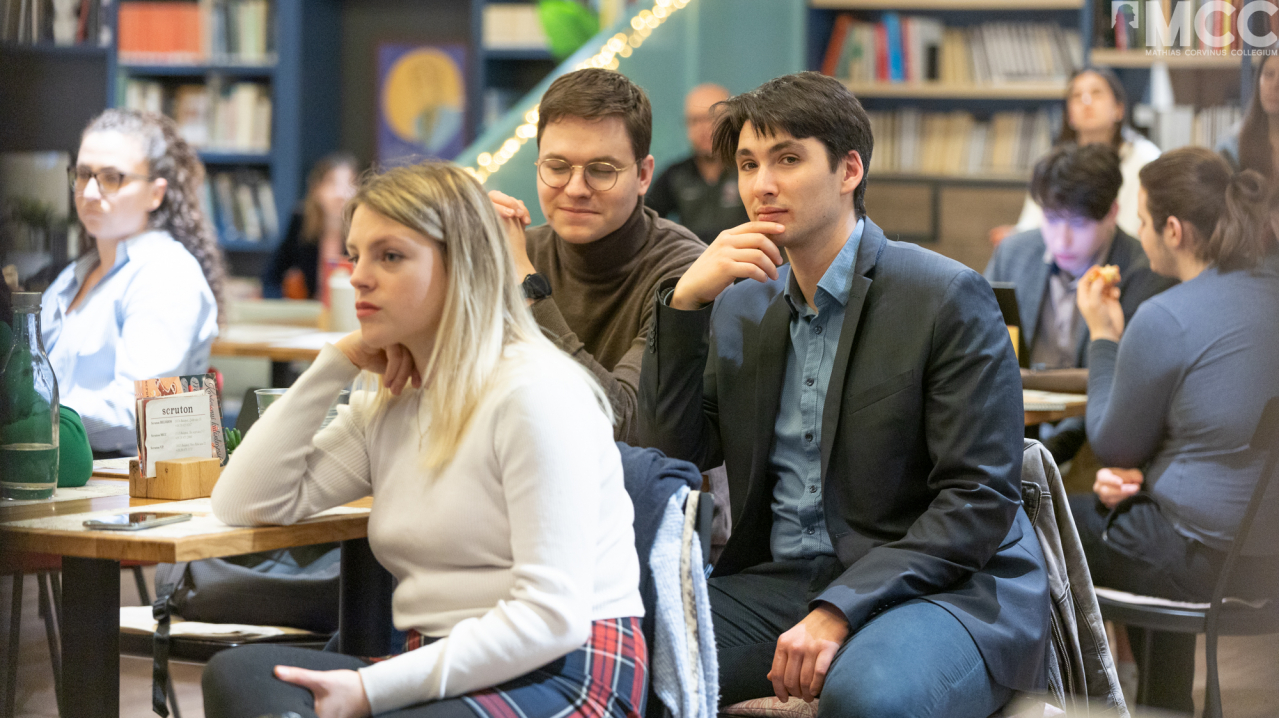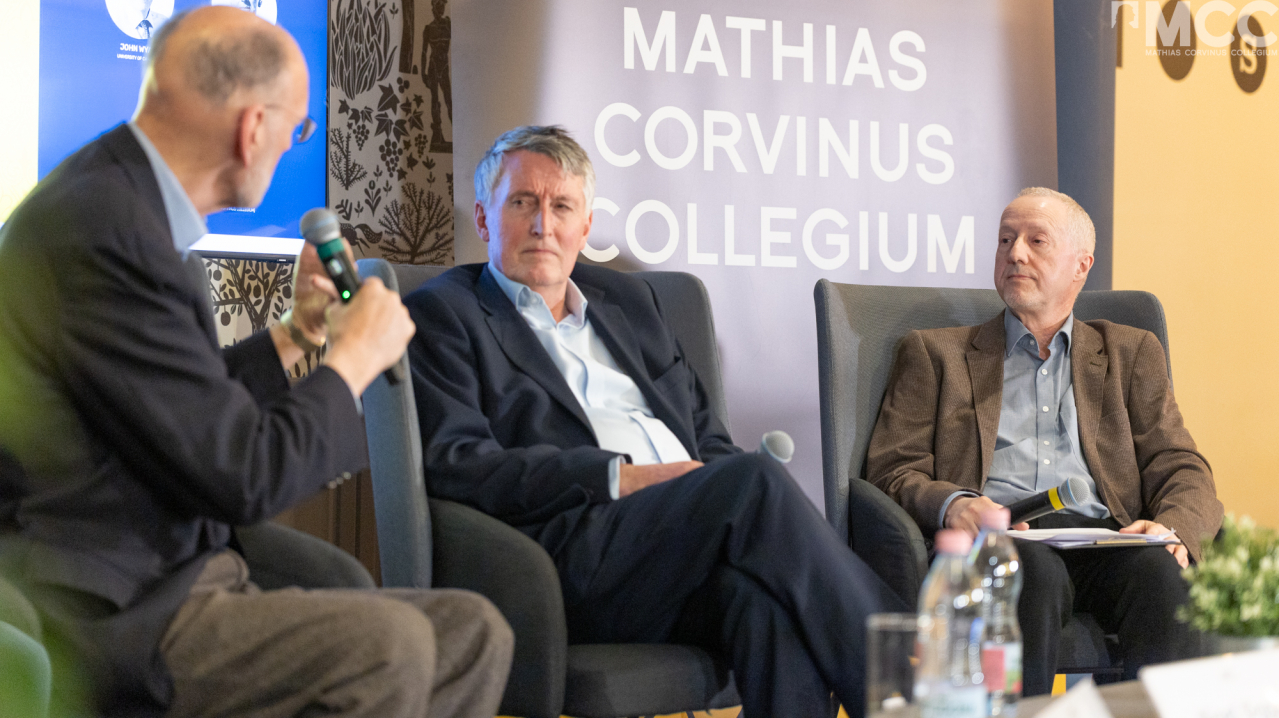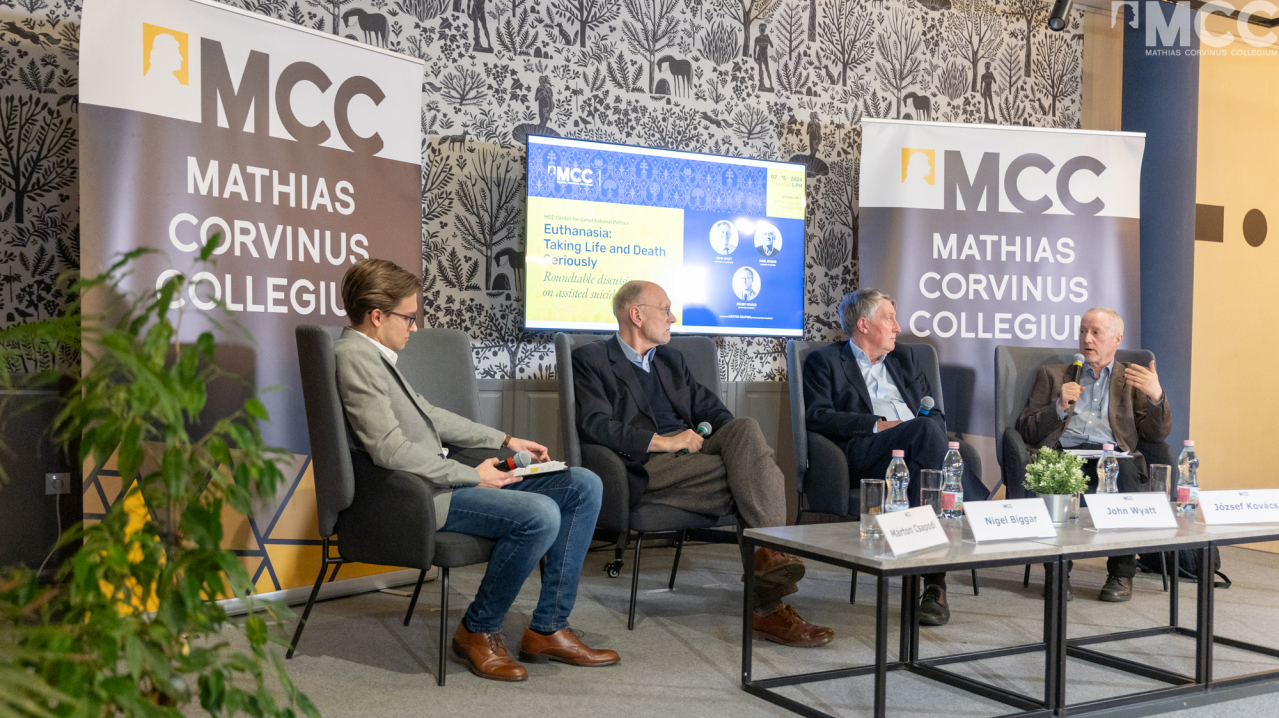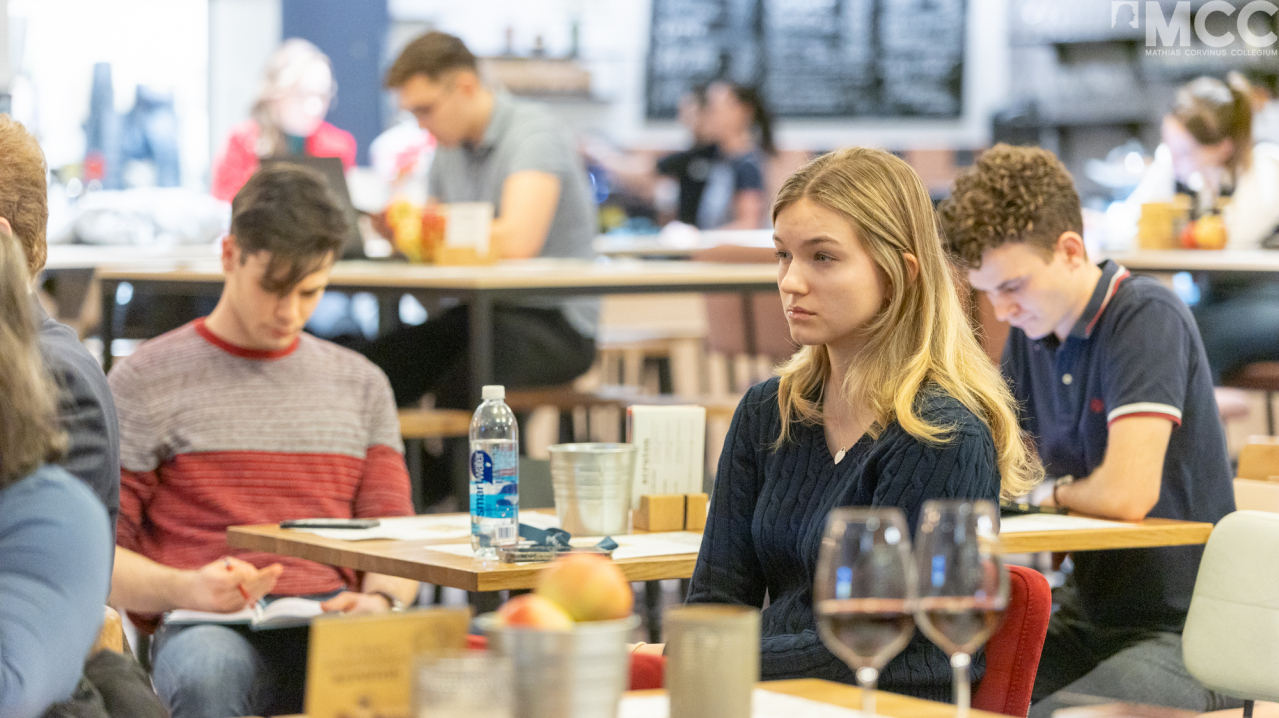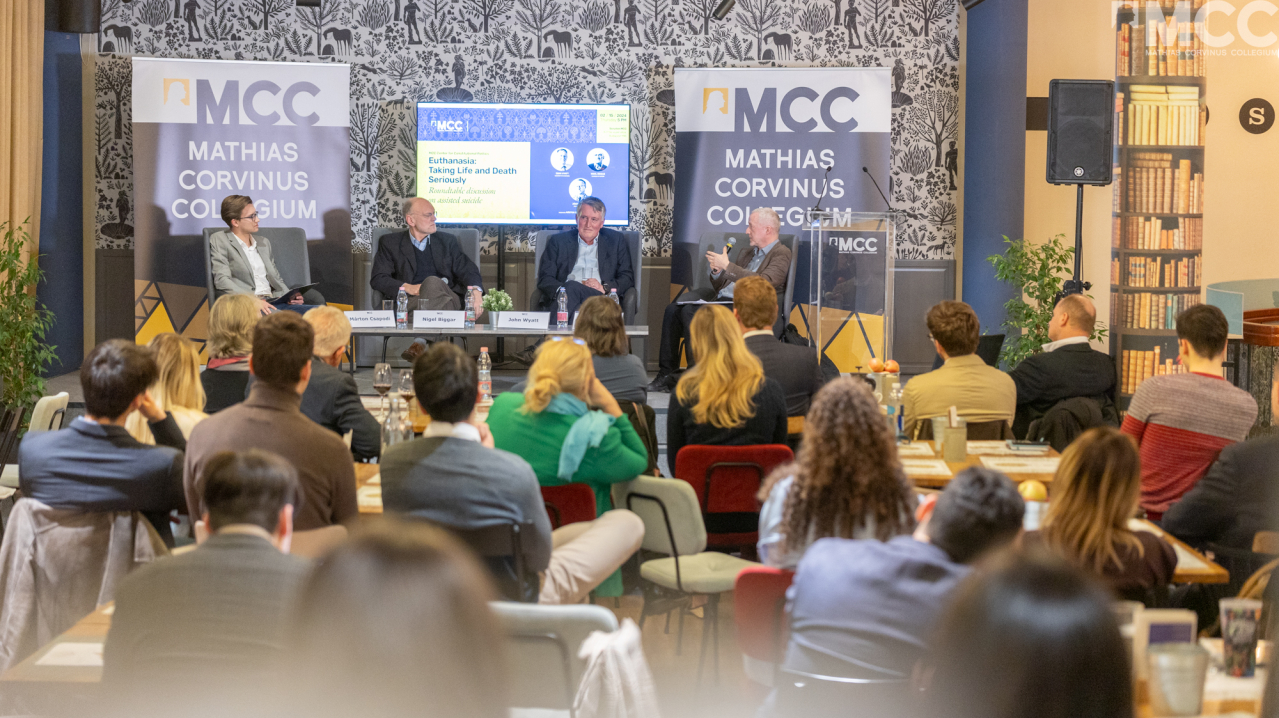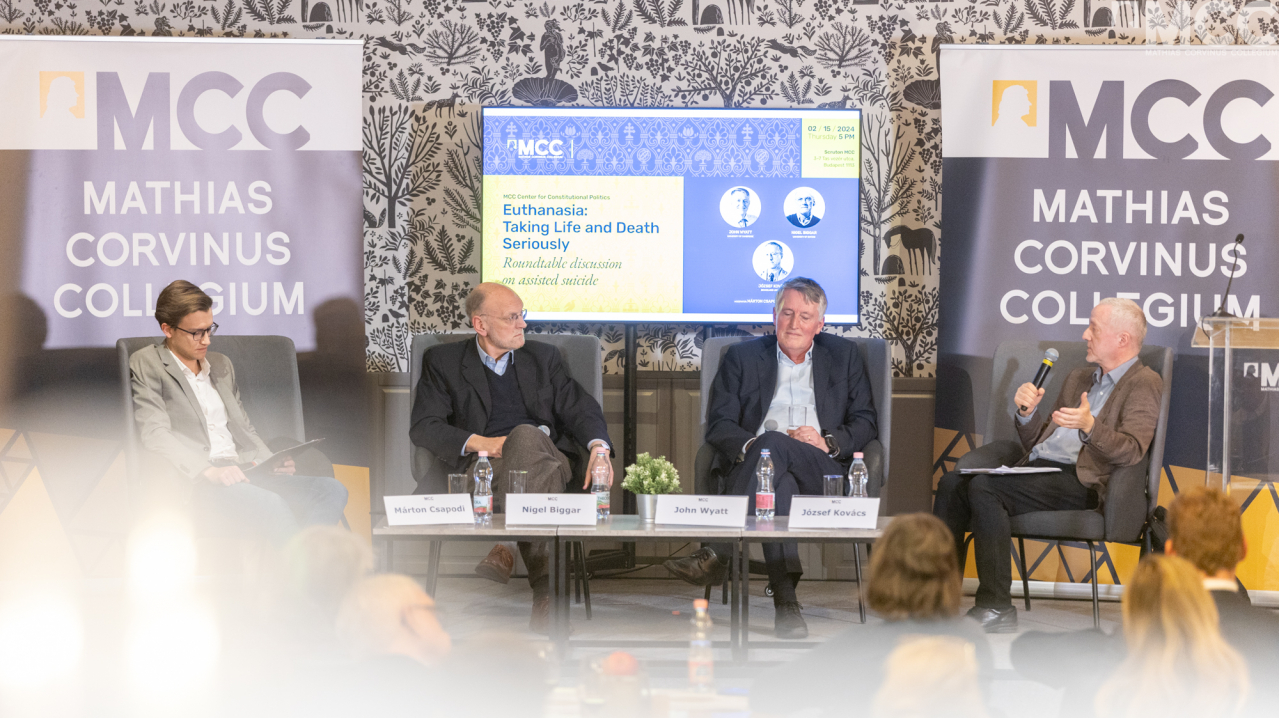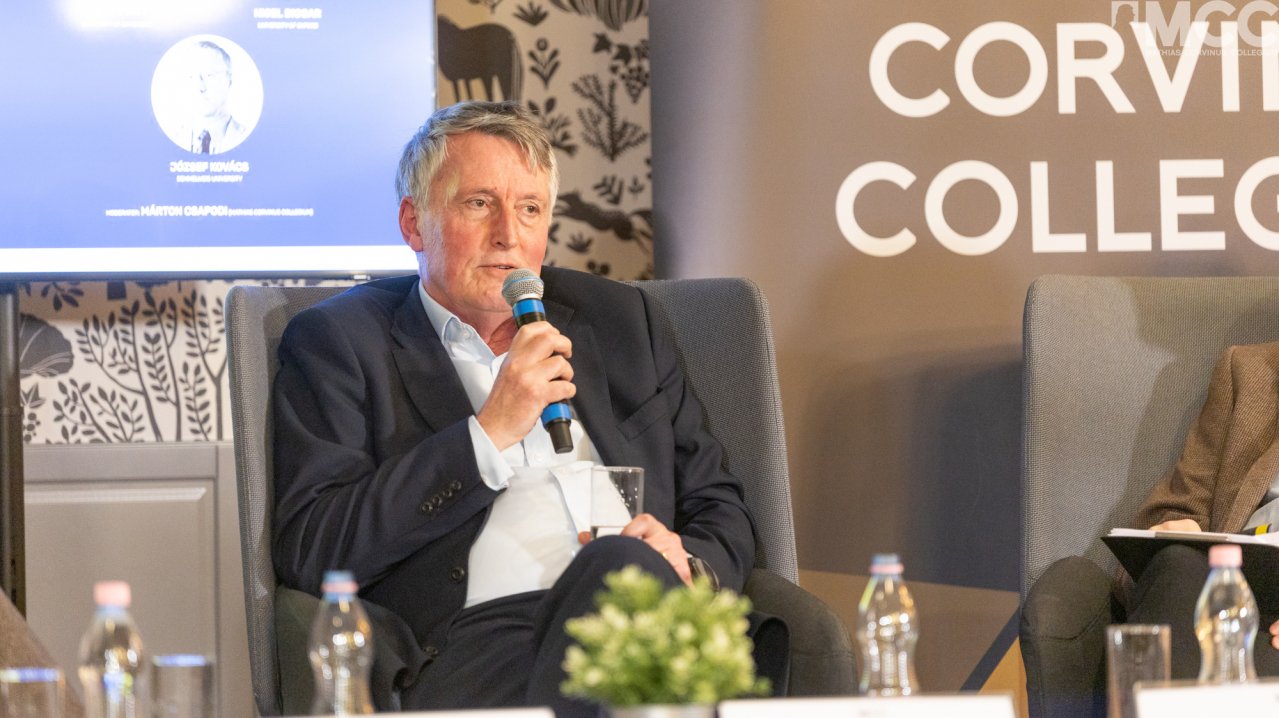Reading time: 4 minutes
The Mathias Corvinus Collegium hosted an informative discussion on euthanasia, the right to die and the possible consequences, organised by the Center for Constitutional Politics.
Our guest speakers discussed the most pressing moral, philosophical, medical, and legal questions concerning this emotionally challenging topic. Faraday Institute expert and author of a book on the subject, John Wyatt, believes that human life has a higher value and that individuals also have obligations to others. "I doubt that we can introduce a right to suicide without causing significant harm to society," he added. He emphasised that we all live in a society with laws, and these restrict our freedom to a certain extent, because social life sometimes requires the restriction of individual autonomy.
József Kovács, Deputy Director General of the Institute of Behavioural Sciences at Semmelweis University, pointed out that the Netherlands has a total of 50 years of experience in the field of euthanasia and can therefore be considered a kind of laboratory, but just because there are no abuses there does not mean that there are none elsewhere. In his opinion, the financial situation of a country does matter, because if someone is suffering because they do not have access to the necessary health care, for example, they are in fact forced into a decision situation where they choose active euthanasia because they are too poor.
Nigel Biggar of Oxford University added that there is another laboratory, the United Kingdom, where euthanasia was discussed as early as the 19th century. He says while doctors in the Netherlands chose the path of euthanasia to solve the unbearable suffering of patients, the British thought of better alternatives, which eventually led to a revolution in pain relief. "Because palliative care has proved successful, there is still no euthanasia," he said. While he is aware that palliative care does not work in all cases, he would prefer to focus on that rather than potentially dangerous legislative changes that would allow a form of medical murder.
The panellists emphasised that proponents of legalisation do not point out all aspects of the consequences, even though euthanasia is not just a matter of individual choice and law, but has far-reaching implications.
It was also pointed out that the degree of unbearable suffering would become entirely subjective and that patients would be under particular pressure not to place too great a burden on their families or the healthcare system, with euthanasia offering a legal way out - in conjunction with the financial possibilities already mentioned.
The experts also discussed the fact that there is ample evidence in the Netherlands that doctors involved in euthanasia are affected by this move. One of them wrote: "I hate doing this. I always try to avoid it and convince the patient not to go down this path. If he is adamant, I do it. I do the paperwork, then I go for a long walk..."
As a doctor, says John Wyatt, he has on several occasions withdrawn life-sustaining treatment from patients, but in these cases it was never his intention to kill, but to end a process that was of no benefit to the patient.
"It is important to understand the nature of society. We are all bound to each other, whether we like it or not. We have responsibilities and duties: What you do with your life can affect mine and vice versa. That's what it means to be human," said Nigel Biggar, referring to the hyper-individualism that originated in the United States, which views human life as a collection of autonomous individuals. "What others think does not matter. It's my life, my decision. I can stay alive as long as I want," he quoted this view.
The participants also reflected on the fact that opinion polls in Europe show that the majority of the population supports euthanasia. They said it is very important how we ask the question, because it is not the same whether we help the dying through palliative care or support suicide. "The choice of question shapes the answer, because who would object to helping someone who is dying," they said.
